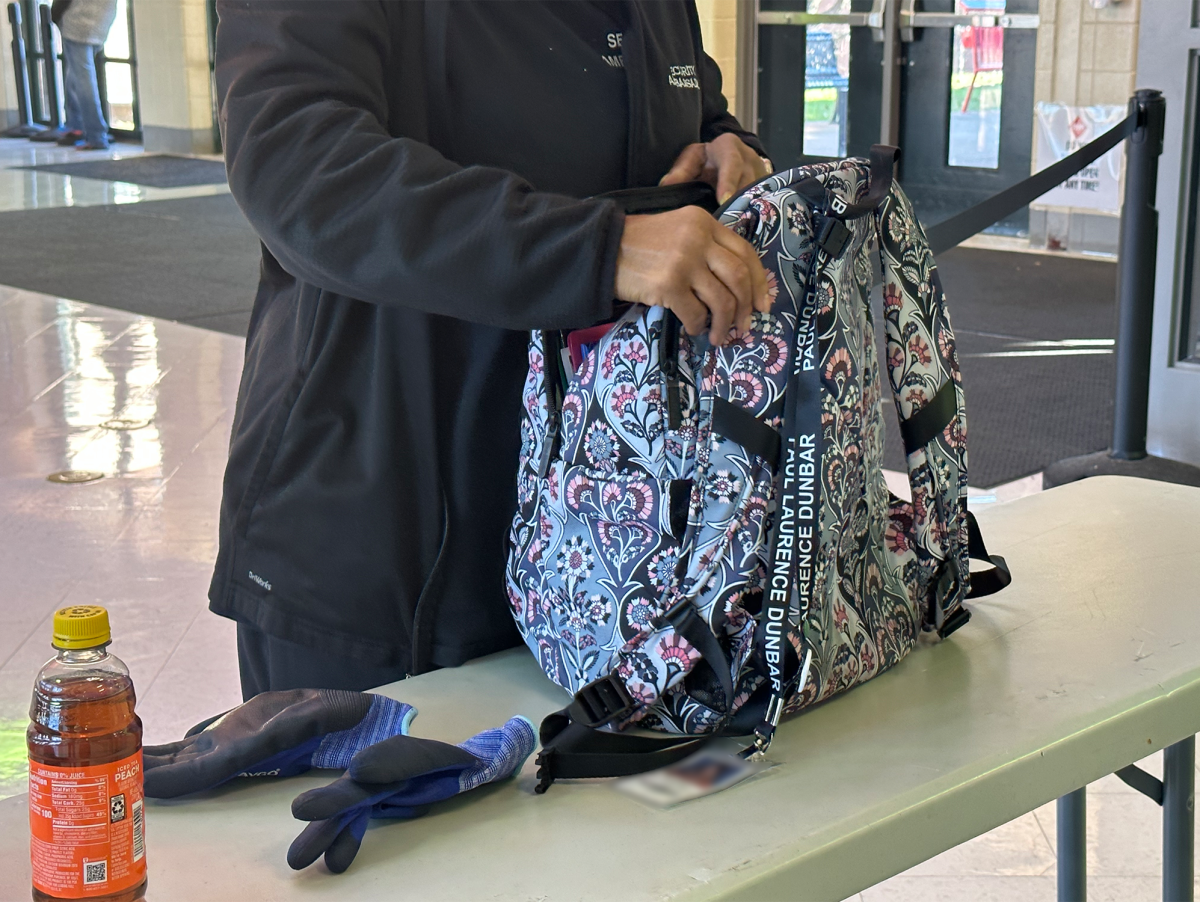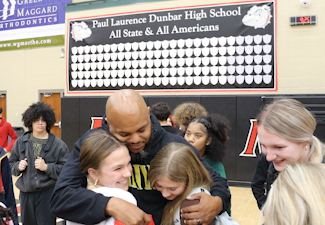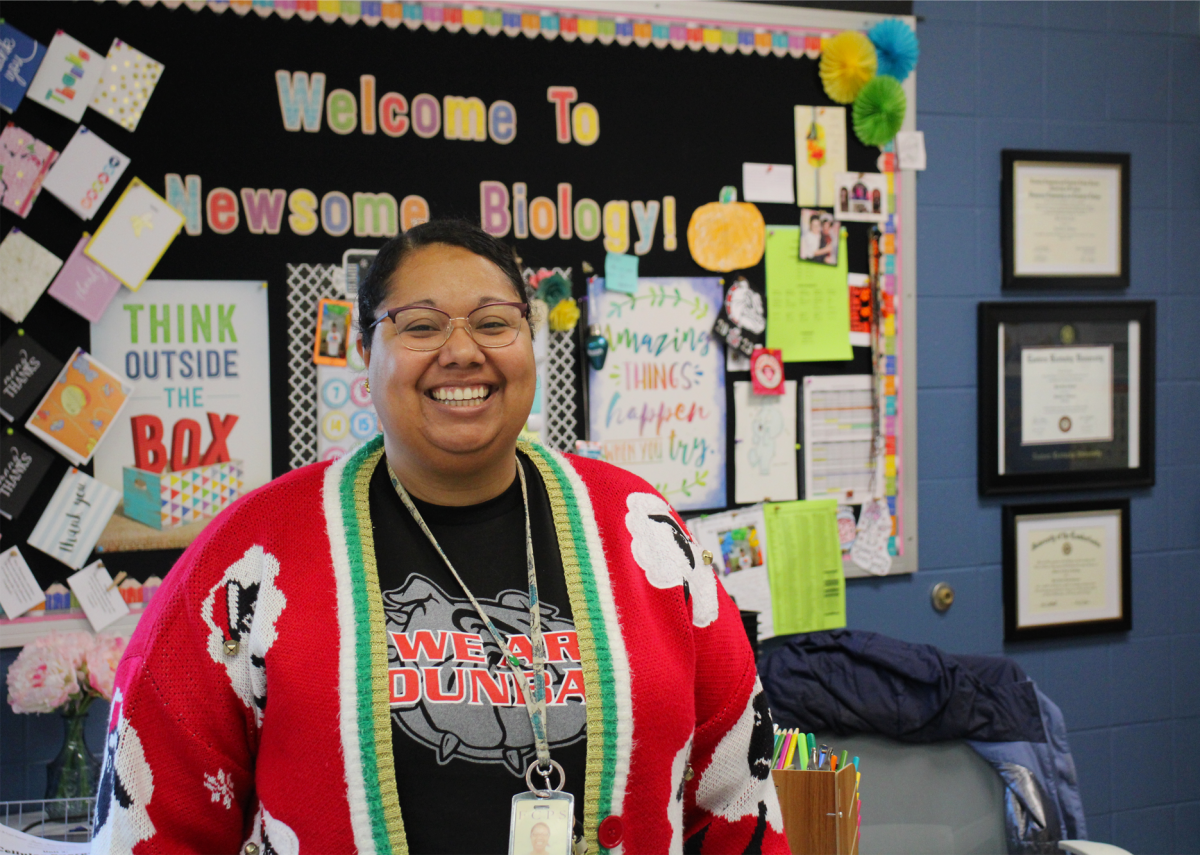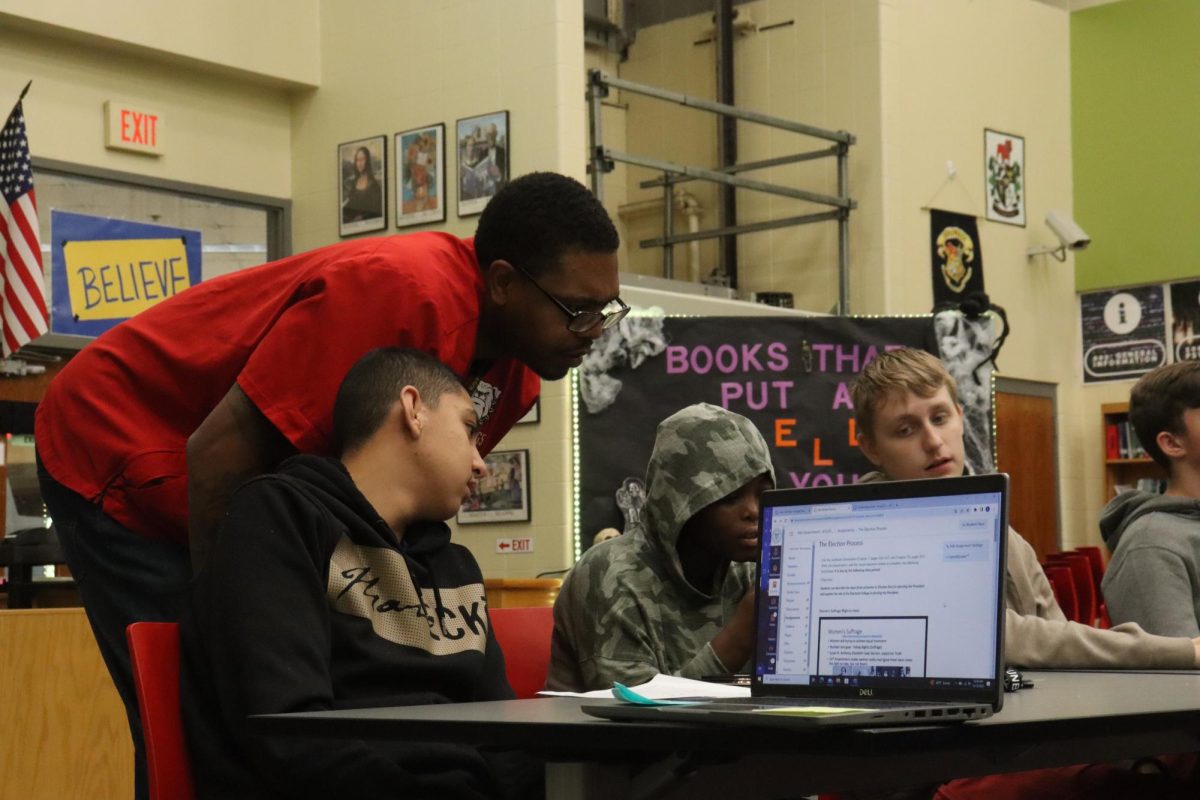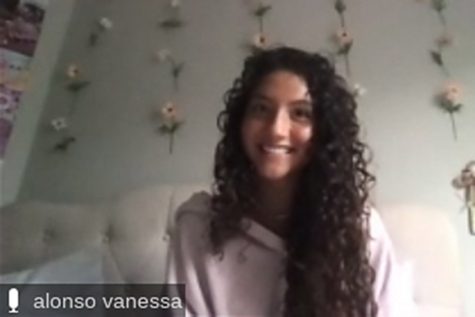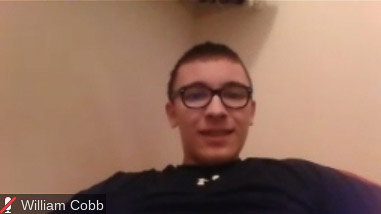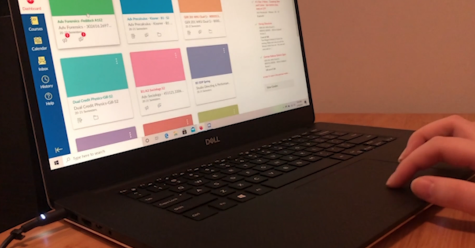Sharing Political Opinions in Schools
What happens when teachers are faced with the decision to share their political views when controversial issues come up in the classroom?
Teachers are often put in difficult situations when students have questions regarding political issues. There is evidence that shows that sharing these views can be beneficial, but it can also draw negative attention. However, in some cases, the curriculum requires teachers to have these difficult conversations with their students.
“I try to lay out all sides of the political spectrum with benefits and drawbacks so that students can make their own decisions,” social studies teacher Mr. Mickey Campbell said.
According to the blog Planet of Success, an organization to build educators into entrepreneurs, educators should remain unbiased when they discuss political views. In situations when students want to discuss politics, make this an opportunity to work on debate skills.
It is well established that public educators have the First Amendment right to participate in political processes as long as it does not interfere with their job performance or present a conflict of interests.
In recent news, March 7, 2019, Kentucky teachers called in sick and filled the capitol to voice their opposition to a bill supposedly benefiting private schools and underfunding public schools. When students returned from the day off school they asked their teachers what they thought about the issue.
“[In my response to students I said] After the 2018 election, the KY GOP requested teacher e-mails under public record laws, and most recently, the Labor Department has subpoenaed teacher absence data for the “sick-out” along with teachers’ photo IDs in Fayette County,” AP Language teacher Mrs. Amanda Holt said.
The main criticism for teachers sharing their political views is that it might influence the young minds of students to lean a certain way on the political scale. This is especially true for younger children, as they are more likely to repeat the information they hear.
“I think it’s no secret to my students where I stand politically, as politics have been an important part of my life since I was a teenager, and I remain politically active. However, I don’t think any of my students would accuse me of trying to “push” my views on them (as our society seems to accuse teachers of doing),” Ms. Holt said.
While a teachers opinion could influence a student’s view, there are some benefits to being open with students.
“As teachers, it’s our job to teach the students how to think but not what to think. They can say what they think but really teachers should let them think for themselves. I think a lot of times people assume that if the teacher gives their opinion that the kids are all going to agree,” AP World History teacher Mrs. Michelle Williams said.
Independent says, “In an update to its advice to schools, the Department for Education (DFE) included a new section which says that staff should ‘act appropriately’ when expressing their views, or using resources, for political campaigns.”
“Acting appropriately” can mean a wide variety of things but it lets teachers set the standard for what they feel comfortable talking about in class.
“My number one goal is to get students to think about their opinions. I don’t want people to copy me or pretend to agree because they want acceptance or a better grade. I am supportive of whatever view they may have if they have a solid foundation of belief,” Mr. Campbell said.
Students can sometimes be the most vocal when teachers share political opinions.
“As a student, I’m comfortable with teachers sharing their political views. I think a huge part of school is learning how to respect others opinions, teachers who voice their opinions don’t bother me because it’s their opinion and they’re not pressuring me to think the same way,” sophomore Audrey Jones said.
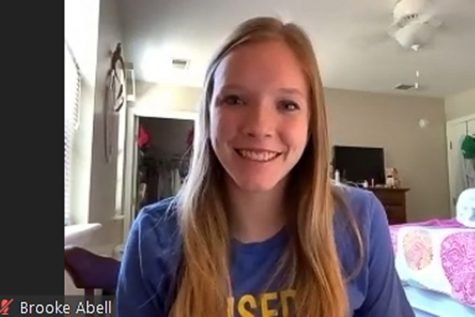
My name is Brooke and this is my 4th year on staff. I am one of the writing editors in chief this year.
Ever since my freshman year in the program,...


